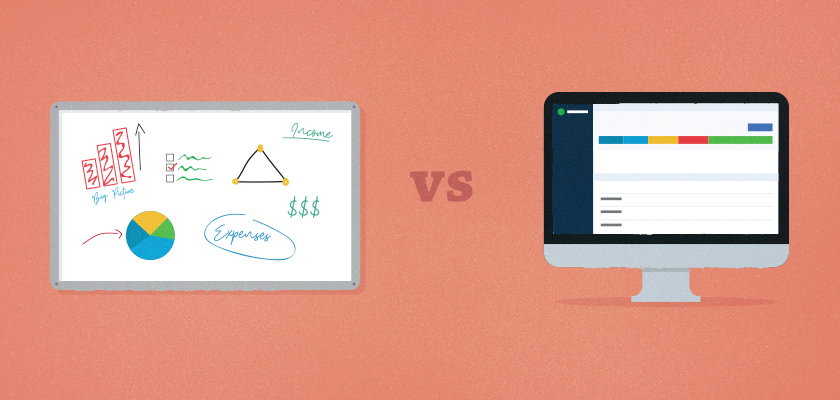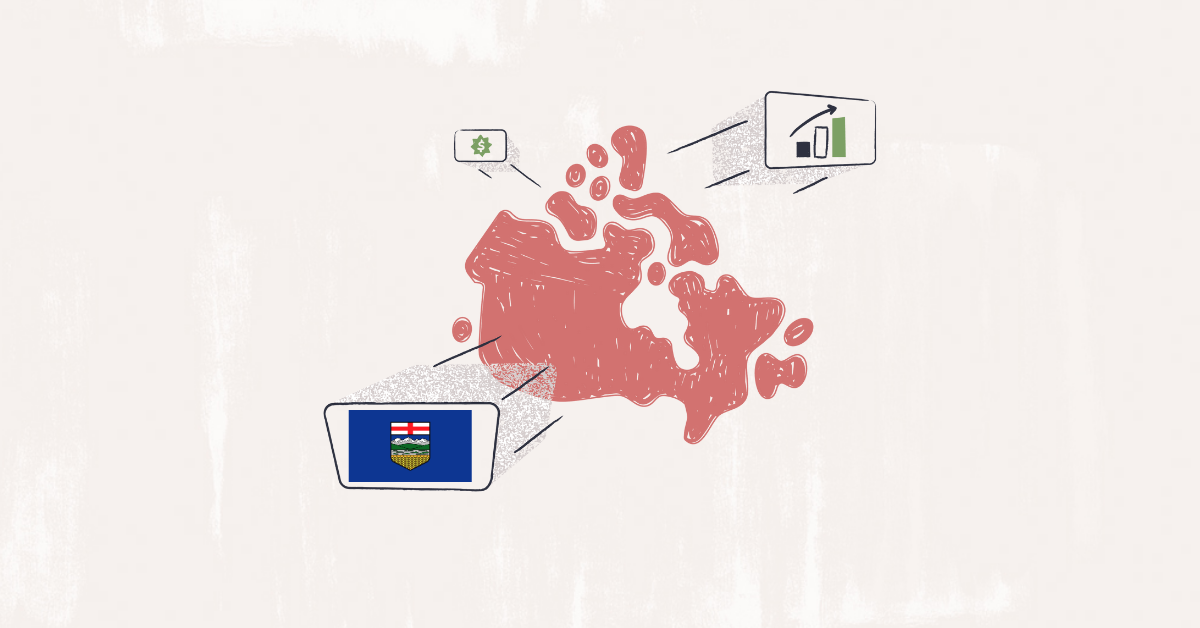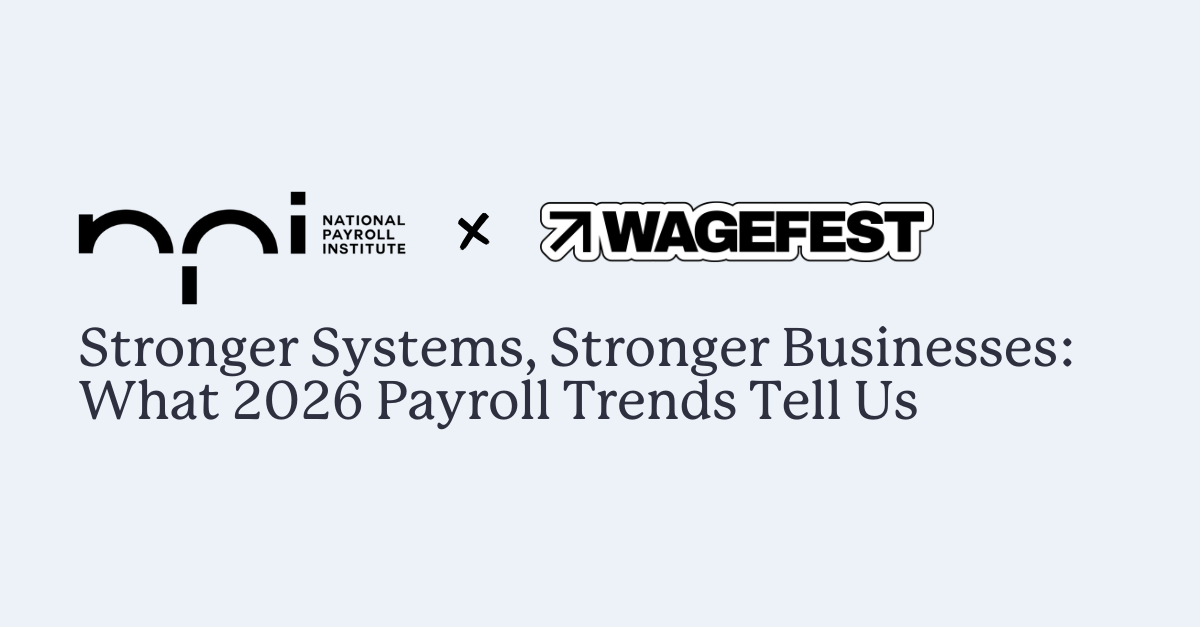Become an insider!
Get our latest payroll and small business articles sent straight to your inbox.

Ever heard the song with the lyrics, “Potato, potahto, tomato, tomahto”? While many people think accountants and bookkeepers are almost the same, the truth is accountants and bookkeepers are each different types of financial professionals.
Learn more about these differences, the roles they play and how they can help your small business.
1. Accountants and Bookkeepers Aren’t the Same Thing.
Although the terms are often used interchangeably, accounting and bookkeeping are two separate professional designations — each providing a specific range of financial management services.
Bookkeepers keep track of day-to-day transactions — the money going in and out of your business through sales, purchases, payroll, taxes, and the other things that add to or take away from the bottom line.
Accountants use financial data to help business owners make better financial decisions. They look at the big picture concepts in order to generate reports, forecast trends, and recommend best practices.
This doesn’t mean that accountants and bookkeepers are mutually exclusive. In fact, businesses see the best results when accountants and bookkeepers work together by setting goals and sharing information.
To use a sports metaphor, think of the accountant as the coach and the bookkeeper as the athlete.
2. Find the Right Accountant and the Right Bookkeeper.
Depending on your business’s size and needs, you may or may not need a full-time accountant or bookkeeper. Thankfully, the rise of cloud-based accounting and bookkeeping firms gives small businesses even more options.
What does cloud-based mean? In a not-so-distant past, most software was housed on a computer’s hard drive. Remember buying CDs or — gasp — floppy disks to install software? With cloud-based software, the application is hosted online and the user’s computer is simply a portal for accessing the tool.
Easy to install and use, cloud-based accounting software and applications make it simple for small businesses, accountants, and bookkeepers to collaborate online (virtually) as well as in person.
Intuit, makers of QuickBooks, one of the leading small business accounting software applications, predicts that 78% of small businesses will rely on cloud technology by 2020. For anyone doing the math, that’s two years from now.
To find a cloud accountant, you can ask fellow small business owners and search online. Several software companies, like FreshBooks, QuickBooks and Xero, also have referral sites for accountants and bookkeepers.
As the connected accounting market is rapidly changing and growing, another option is hybrid solutions, like Qount that offers its own software combined with professional accounting and bookkeeping service.
Look around, do your research, then explore your top picks in greater detail.
3. Ask the Right Questions.
Another component of finding the right fit with an accountant or bookkeeper is knowing your needs. In fact, you should do this even before you start reaching out to accountants and bookkeepers.
If you need higher level analysis, you’ll want to look for an accountant. If you need process support, such as data entry or ways to reduce data entry, you’ll want to look for a bookkeeper.
If you need a little of both, look for a company that has accounting and bookkeeping services or find an accountant and bookkeeper who are willing to collaborate. (If you go for the collaboration option, it also helps to make sure your accountant and bookkeeper are both using the same accounting software.)
Questions to ask as part of the search process include:
- What are their certifications and areas of specialization?
- Accountants with CPA designation have completed a specific certification process.
- Industry organizations for bookkeepers include the American Institute of Professional Bookkeepers and National Association of Certified Public Bookkeepers.
- Do they have experience in your business’ specific field or industry?
- Can they provide you with references?
- What accounting software and applications do they use?
- What’s their billing structure and scope of services?
- What privacy and security processes do they follow?
- How do they prefer to communicate — phone, email, in person?
- Are you willing to collaborate with another independent accountant or bookkeeper?
How valuable can the right accountant and bookkeeper be?
Consider this: accountants and bookkeepers helped bring down Al Capone. While his list of crimes was large, he was ultimately prosecuted for tax fraud.
Taking the criminal reference with a grain of salt, you may wonder about the cost benefits of working with an accountant or bookkeeper. The answer would be to consider the cost of do-it-yourself mistakes.
One fine compounded by interest could easily be prevented by hiring a professional. Another perk — professional service fees are also tax deductible business expenses.
The advice we share on our blog is intended to be informational. It does not replace the expertise of accredited business professionals.
A version of this article was originally published on the Score blog.











